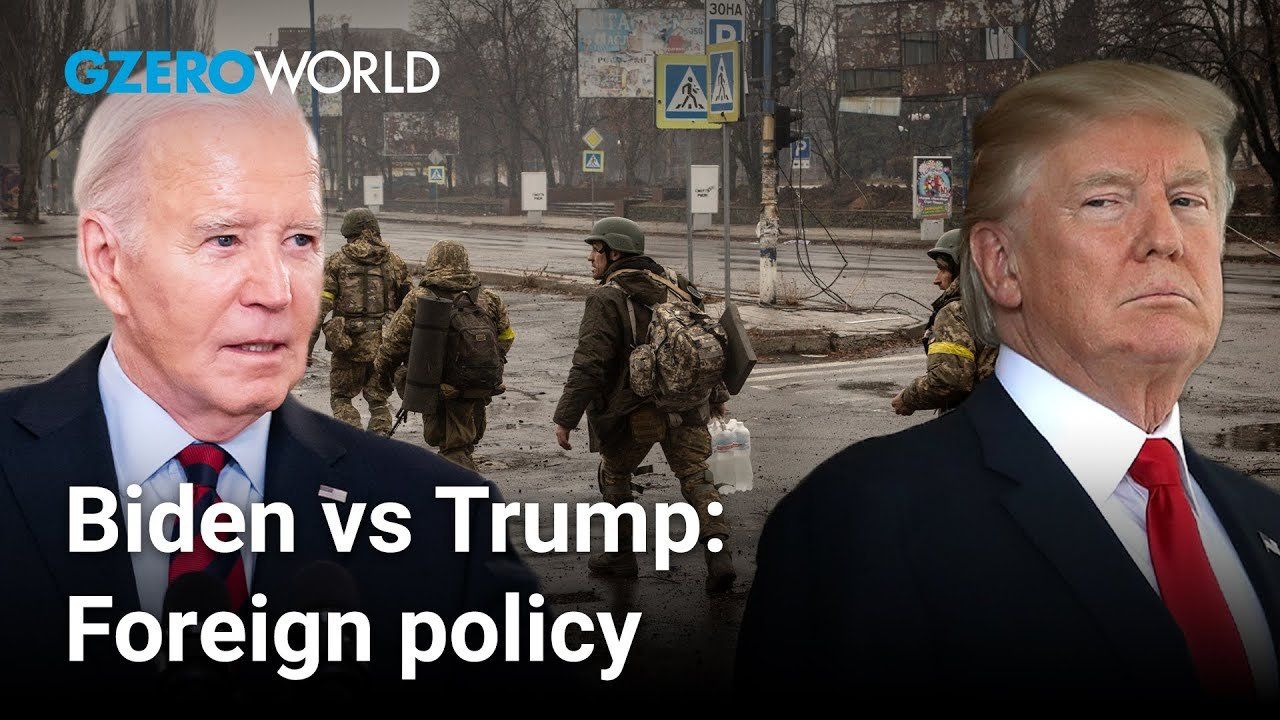GZERO World with Ian Bremmer
How the US election will change the world

How the US election will change the world | GZERO World with Ian Bremmer

What role will foreign policy play in the upcoming US presidential election? “More than it usually does,” says Harvard Kennedy School’s Stephen Walt in an interview on GZERO World with Ian Bremmer. “Partly because the economy doesn't seem to be helping Biden as much as it should be, partly because it's hard to look at Biden's foreign policy and tout a lot of big success stories."
In a wide-ranging interview comparing US foreign policy under a second Biden or Trump term, Walt suggests that they may not be as different as people expect. “On a bunch of big issues, the daylight between him and Biden just isn't that great.” It may come as little surprise that Bremmer disagrees.
But Walt says this is especially true in areas like China policy, where Biden's approach has been refined and continued. "The Biden people refined the Trump approach in a number of ways—focused it very much on high-tech—but have if anything, doubled down on the policies that Trump adopted starting in 2017."
And while Walt certainly acknowledges an array of crucial differences between Trump and Biden, he argues that both second administrations may have similar outcomes in areas like the Middle East and Ukraine. That said, he makes clear that while Trump's second term may not drastically change US foreign policy, it could lead to a less supportive stance towards Europe and NATO. "Trump is fundamentally a nationalist, fundamentally a unilateralist, whereas Biden is very much a globalist or internationalist, and that's a key difference.”
With close ties to both the US and China, can Singapore survive in an increasingly fragmented and chaotic world? Singapore’s President Tharman Shanmugaratnam joins Ian Bremmer on the GZERO World Podcast.
Think you know what's going on around the world? Here's your chance to prove it.
This week, Prime Minister Keir Starmer became the first UK leader to visit China in eight years. His goal was clear: build closer trade ties with Beijing.